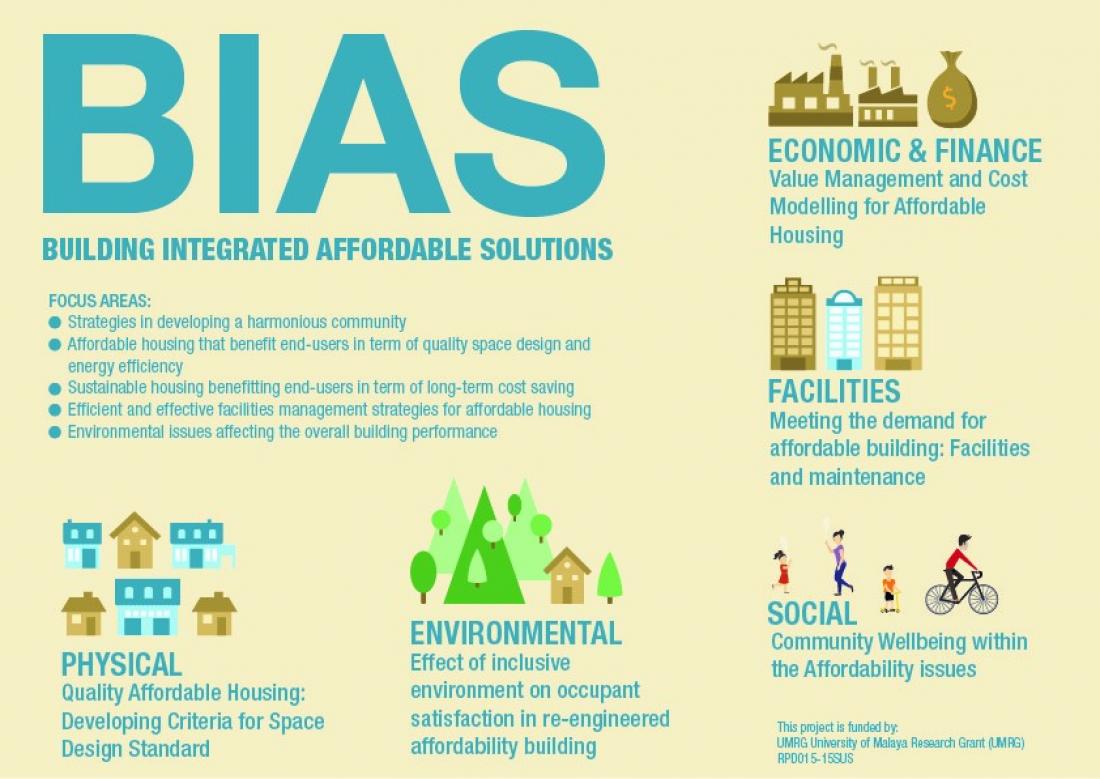Figure 1: The Building Integrated Affordable Solutions (BIAS) framework
From slum dwellers in the third world cities to middle-income households in affluent global capitals, millions of people face challenges in accessing affordable housing. The provision of affordable housing is a major policy concern around the world and Malaysia being no exception. Malaysia has been experiencing the issues of affordable building and physical development like many other countries around the globe. Based on the National Property Information Centre report (2014), only 31.7% of the housing units built in the year 2014 had a price tag lower than RM250,000. Thus, middle-income household finds it challenging to keep pace with the rising cost of housing prices and thereby the need for affordable housing has become more vital than ever before.
Housing is a multidimensional phenomenon, so the way to resolve this affordable building problem is not a simple solution but a combination of several measures that require all relevant parties to chip in and make it possible.
In response to the global sustainable urbanization drive, a group of multi-disciplinary experts from the Faculty of Built Environment, University of Malaya undertook a research initiative through the University of Malaya Research Grant (UMRG) research funding programme. This research explores the combination of financial and economic viability together with the environmental and social sustainability in assessing building affordability in present day Malaysia, coinciding with policy changes and the country’s economic condition.
The three-year research programme (2015-2017) attempts to determine the quality of affordable building focusing on price reduction based on contributing factors such as community well-being and satisfaction, design and quality, facilities management and maintenance, building performance and evaluation, cost, contract and value management. The research sub-programs will be focusing on the policy/standard and its physical areas which consist of five main areas namely;
i. Community well-being within the affordability issues
ii. Quality affordable building: Developing criteria for space design standard
iii. Value management and cost modeling for affordable building
iv. Meeting the demand for affordable building: Facilities and maintenance strategies
v. Effect of inclusive environment on occupants satisfaction in re-engineered affordability building
Combining the result from various subprograms give rise to the Building Integrated Affordability Solution (BIAS) that are not only affordable, but provide a high-quality loveable space, amenity finish and ease of maintenance that meets the current and foreseeable sustainable needs of the public. This research plays a role in innovative activities by not only looking at the provision of an added-value model of affordable housing per se but also to improve the economic growth and development as a whole. This research is expecting to launch a public BIAS interface as the end product which acts as a tool to assess their existing and/or future homes. The research is hoping to contribute in enhancing the national affordable housing development policy that cares not just the cost but also the value home buyer are receiving at a particular price.
For further information contact:
Associate Professor Dr Syahrul Nizam Kamaruzzaman ([email protected])
Dr Nurshuhada Zainon ([email protected])
Dr Nik Elyna Myeda Nik Mat ([email protected])
Dr Nor Haniza Ishak ([email protected])
Dr Zairul Nisham Musa ([email protected])
Faculty of Built Environment
University of Malaya
Kuala Lumpur.



